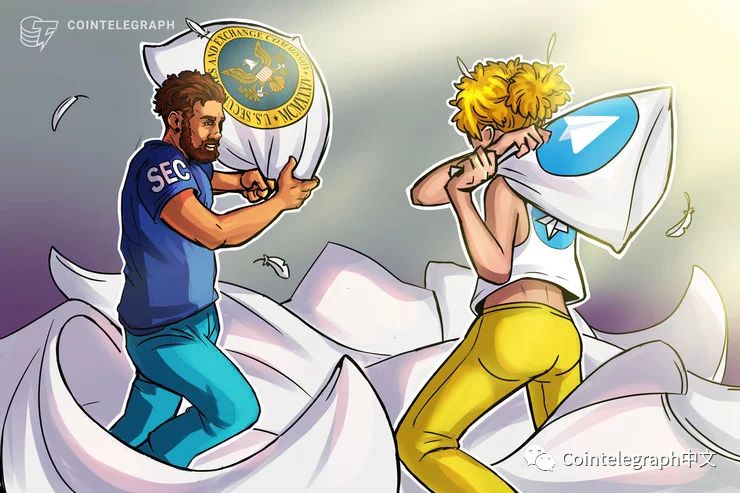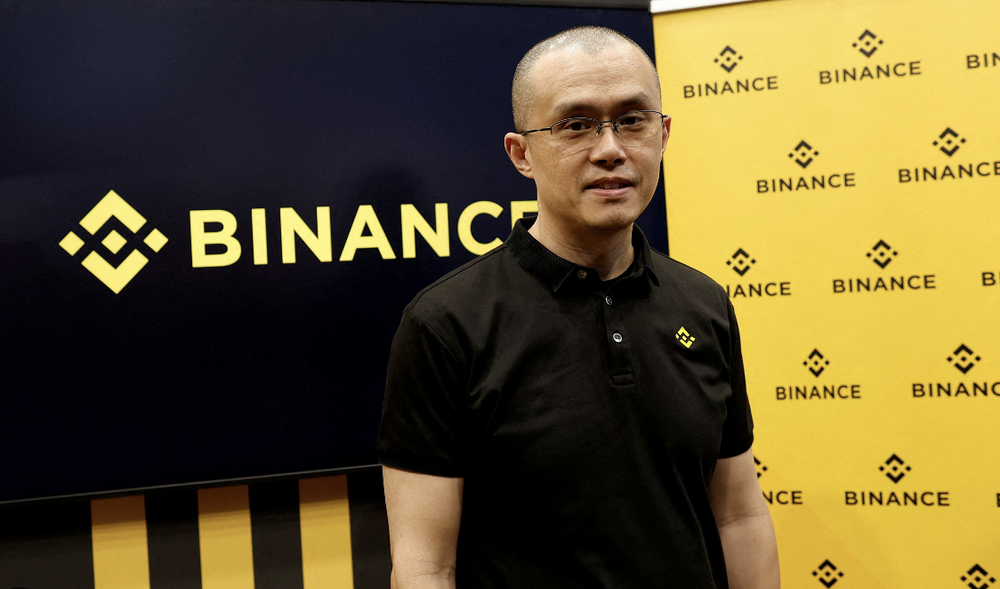Telegram says recent ruling "fundamentally" overturns SEC ban

Author: Marie Huillet
In light of the protracted controversy in the Telegram case, what is the new argument raised by Telegram this time? What about the SEC response?
Telegram has published a new case law that could be a factor in its allegations of violations of US federal securities laws.
In a letter to U.S. District Court Judge P. Kevin Castel in the Southern District of New York on March 6, Telegram drew attention to a recent case ruling, claiming that the decision essentially overturned the Securities and Exchange Commission against the company. Ban.
- Dialogue | Where is the Blockchain in the New Infrastructure?
- Japanese financial regulator launches global blockchain governance initiative network
- Perspectives | Three Important Ways for Blockchain Development
Telegram vs. SEC: Case Overview
To recap, Telegram has been deeply involved with the SEC's investigation into the hugely successful $ 1.7 billion initial token issuance activity launched by Telegram for the Telegram Open Network (TON) in 2018 in October last year. Legal disputes of the SEC.
The Telegram founder had submitted a "Securities Exemption Issuance Notice" (also known as Form D) to the SEC for its first round of token issuance before its first token issuance, and subsequently submitted a second in March Such notices authorize the sale to specific qualified investors under this particular exemption in Form D 506 (c).
Nevertheless, the SEC chose to investigate Telegram on the grounds that once Telegram delivered Grams to the original buyers, they would be able to resell billions of dollars of tokens to the investing public on the open market.
The agency believes that the structure of the non-public offering stimulated the development of the secondary market before the launch of the TON blockchain, causing the SEC to declare this token issuance illegal and to issue temporary restrictions on the issuance of tokens.
Telegram's new argument
In a letter last Friday, Telegram referred to a recent March 3 decision of the California Court of Appeals in the Second Division that had little to do with cryptocurrencies but related to the renovation of a building in downtown Los Angeles Conflicts of law on leased space partnerships.
In Telegram's view, the California court's verdict on the plaintiff's case "Siry Investment" supports Telegram's position on the SEC.
Telegram argues that the language used in the acquisition agreement is similar to that used in Siry's cooperation agreement. Telegram wrote:
"Like Siry, these (Gram) clauses show that the economic reality of the private equity circle is not a violation of the US securities law's prohibition on issuing securities to the public."
Instead, Telegram went on to say, "These clauses reflect uncertainty on this issue and a clear desire not to participate in transactions that would subject them to securities law-if the parties have already treated [Grams] as securities, this is A strange result. "
Even if Telegram and the SEC agree that Telegram's 1CO private placement constitutes securities, they do not agree with the SEC's view that not only the purchase agreement, but the Gram token itself is a security.
Here, Telegram again presents the Siry case in support of his argument that Gram tokens should not be treated as such:
"The subscription agreement contains clear provisions that reflect (i) that the performance of the subscription agreement must not 'violate any judgment, rule, rule or regulation applicable to the subscription agreement' or 'violate any law, regulation or regulatory policy applicable to the subscription; and ( ii) Each Subscriber warrants that it will only be able to sell Gram Tokens "in accordance with the applicable securities laws and the terms of this Subscription Agreement."
SEC response
The SEC disputed Telegram's argument and submitted a letter to the court on March 9. The committee said that Telegram's argument "the defendant continued to rely erroneously and ultimately fatally on the label rather than the substance" and that it was "a company that constantly tries to cover up the actual economic realities and terms of the transaction in this case by making legal statements."
We will continue to update Blocking; if you have any questions or suggestions, please contact us!
Was this article helpful?
93 out of 132 found this helpful
Related articles
- See the inflection point of the world with the crude oil plunge and Bitcoin plunge
- Babbitt Column | Does Blockchain Native Asset Really Make Sense?
- Is your digital asset protected on the exchange? Understanding the gap between exchanges and traditional banks
- The 500 billion yuan evaporated in January, and the production-reduction coins collapsed across the board. The "minsky moment" of the crypto market came?
- Bitcoin mining difficulty has risen sharply, or the price of coins has picked up
- Last miner: Can I continue mining when Bitcoin drops to $ 1,000?
- Free and easy week review | Is blockchain preemptive trading too rogue? Consensus algorithms introduce sequential fairness or can be cracked






